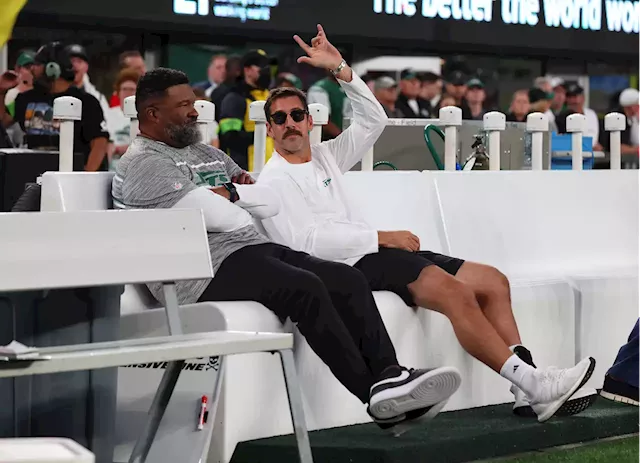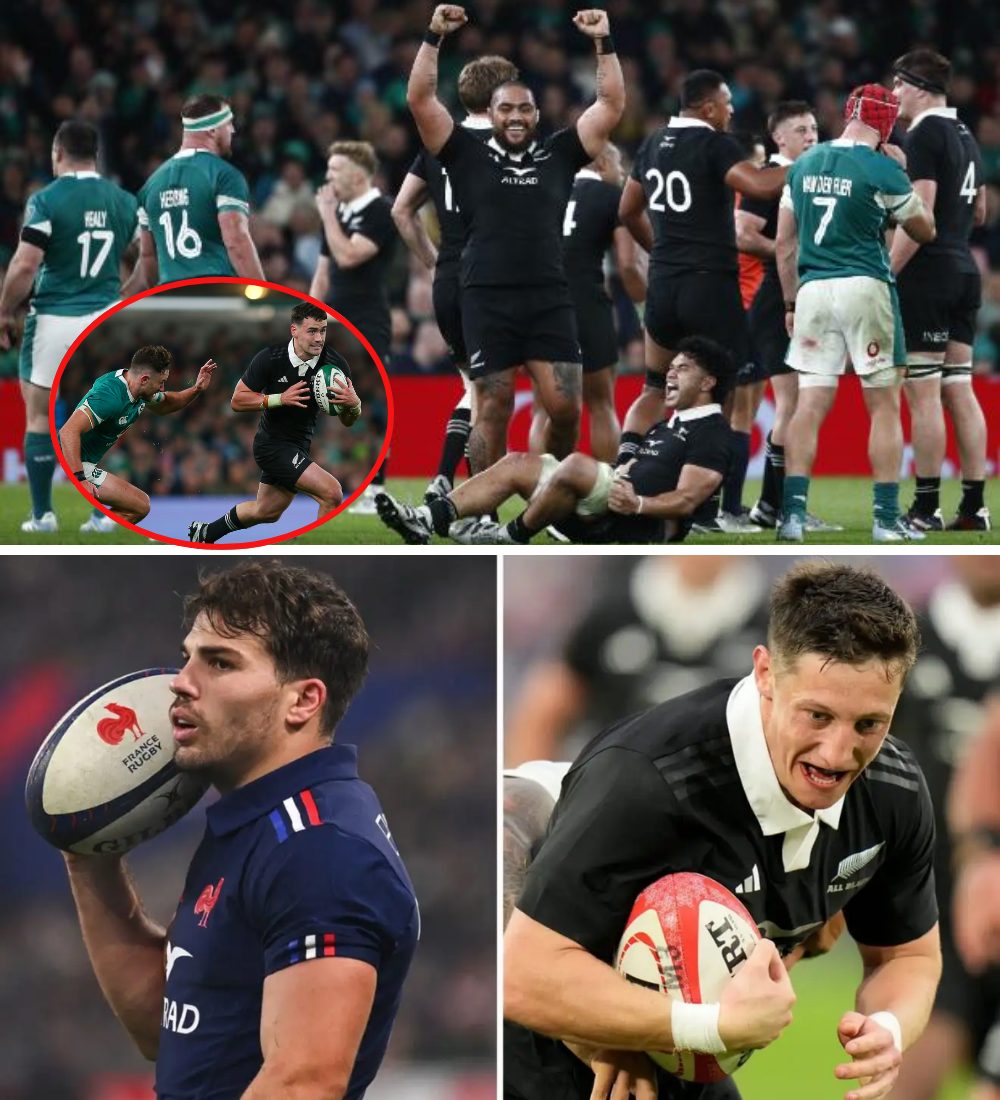 The team turned down multiple policy proposals that could have potentially recovered $20 million-plus of Rodgers’ guaranteed deal.PHOTO BY ROBERT DEUTSCH/USA TODAY SPORTS
The team turned down multiple policy proposals that could have potentially recovered $20 million-plus of Rodgers’ guaranteed deal.PHOTO BY ROBERT DEUTSCH/USA TODAY SPORTS
Like a number of NFL teams do with their highest-paid players, the Green Bay Packers routinely took out disability insurance policies on quarterback Aaron Rodgers, who has suffered injuries to nearly every quadrant of his body over his 19-year pro career.

After the New York Jets signed Rodgers to a new, fully guaranteed $75 million deal this offseason, his new team took a different approach. The Jets were offered multiple insurance policies for the 39-year-old’s contract, according to people familiar with the situation, but ultimately chose not to purchase one. The decision, consistent with the Jets’ recent approach to contract insurance, potentially cost the team $20 million-plus in insurance proceeds once Rodgers tore his Achilles tendon in the first game of the season.
A representative for the team declined to comment.

This type of high-premium coverage, called temporary total disability (TTD) policies, recoups teams potentially significant portions of their players’ guaranteed salaries in the event covered players suffer season-hampering injuries. While the NBA and NHL have rules that require each team to insure their highest-paid players—and league-wide programs to facilitate those policies—the NFL and MLB leave it entirely up to the teams.
Insurance terms can vary dramatically depending on the age of a player, his position, and prior injuries. Sources say that in the Jets case, the policies offered had premiums ranging from roughly $1 million to $4 million, with the upper-end options covering around 60% of the $37 million (or $22 million) that Rodgers was guaranteed this year.
Richard Giller, an insurance recovery attorney who works with pro teams and players, says Rodgers’ situation should serve as a wake-up call for the NFL to get a league-wide TTD coverage in place. By Giller’s reasoning, taking out a policy on Rodgers should have been a “no-brainer” from the start, given where he was in his career.
“If they actually had an offer to insure a 39-year-old quarterback with 19 years of service, they should have taken it at any cost,” said Giller. “I know hindsight is 20/20, but he is a 39-year-old quarterback.”

NFL teams generally keep their indemnity practices close to the vest, but industry sources tell Sportico that, in any given year, roughly one-half to two-thirds of league franchises will purchase TTD coverage for at least one of their players. Some teams will regularly insure more than a dozen players, said one source, who estimated that there are about 65 players in the league whose contracts have TTD policies.
Among the teams known to consistently utilize insurance is the Philadelphia Eagles, who the Jets are scheduled to face Sunday. (The Eagles declined to comment.)
The Jets are on the opposite end of the spectrum, sources say. It’s been at least a decade since the team, which owner Woody Johnson bought in 2000 for $635 million, took out a TTD policy on a player, said a source familiar with the situation.





